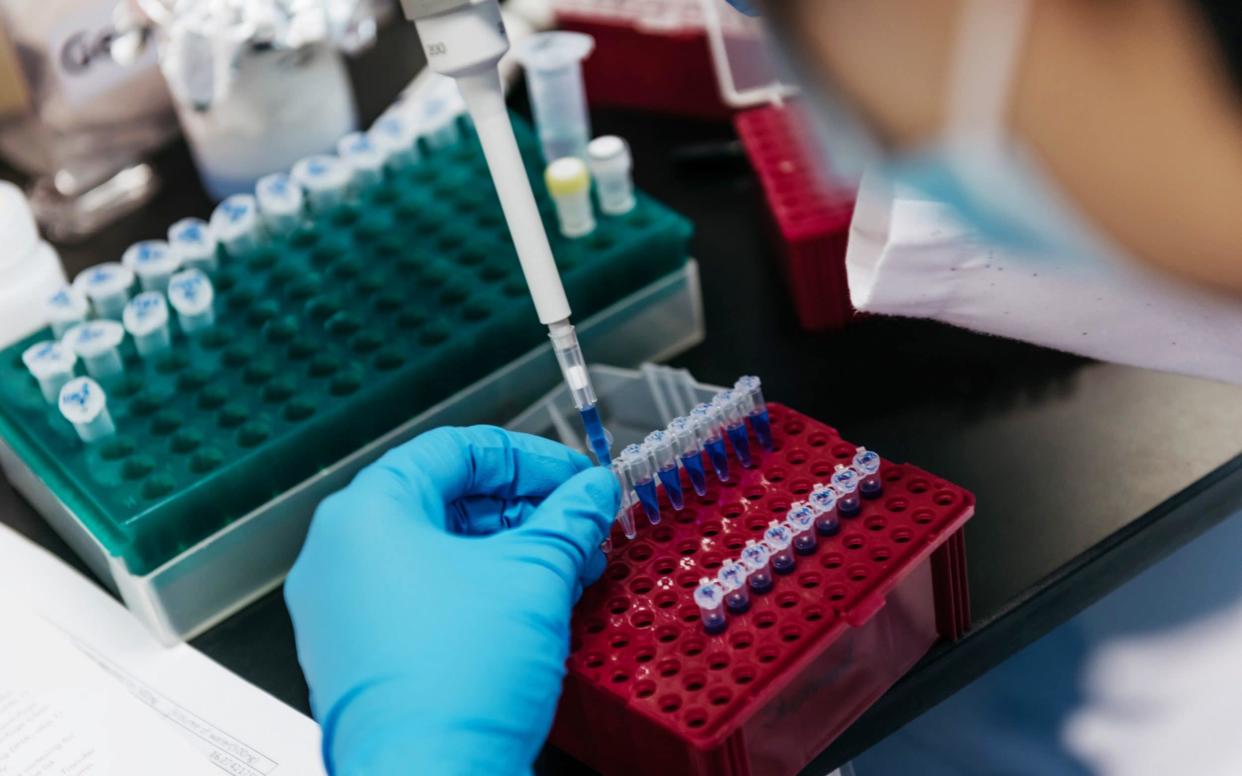Autism blood discovery promises earlier tests and treatment

Scientists have discovered evidence of autism in the blood of affected children in a breakthrough that promises earlier testing and treatment for the condition.
A team at Warwick University found that those suffering from the developmental disorder were more likely to have damaged blood proteins.
Affecting around one in every 100 people in the UK, autism spectrum disorder (ASD) can be difficult to diagnose, particularly in the early stages of development, because the symptoms vary widely depending on the patient.
The researchers recruited 38 children who were diagnosed with ASD along with a control group of 31 other children between the ages of five and 12.
Blood and urine samples were taken from the children for analysis, with chemical differences observed between the two groups.
The next research steps will be to repeat the study with further groups of children to confirm the good diagnostic performance and to assess if the test can identify ASD at very early stages.
Our discovery could lead to earlier diagnosis and intervention
Dr Naila Rabbani, University of Warwick =
ASDs mainly affect a person's social interaction and communication, with symptoms that can include speech disturbances, repetitive and compulsive behaviour, hyperactivity, anxiety, and difficulty adapting to new environments.
Genetic causes are thought to be responsible for around a third of cases of ASD, while the rest are believed to be caused by a combination of environmental factors, mutations, and rare genetic variants.
Dr Naila Rabbani, who led the research, said: “Our discovery could lead to earlier diagnosis and intervention.
"With further testing we may reveal specific plasma and urinary profiles or fingerprints of compounds with damaging modifications.
"This may help us improve the diagnosis of ASD and point the way to new causes of ASD."
Other scientists have cautioned that because the average age of the children in the study was seven, the test may not work on much younger children as they may not share the same metabolic patern.
The research has been published in the journal Molecular Autism.

 Yahoo News
Yahoo News 
